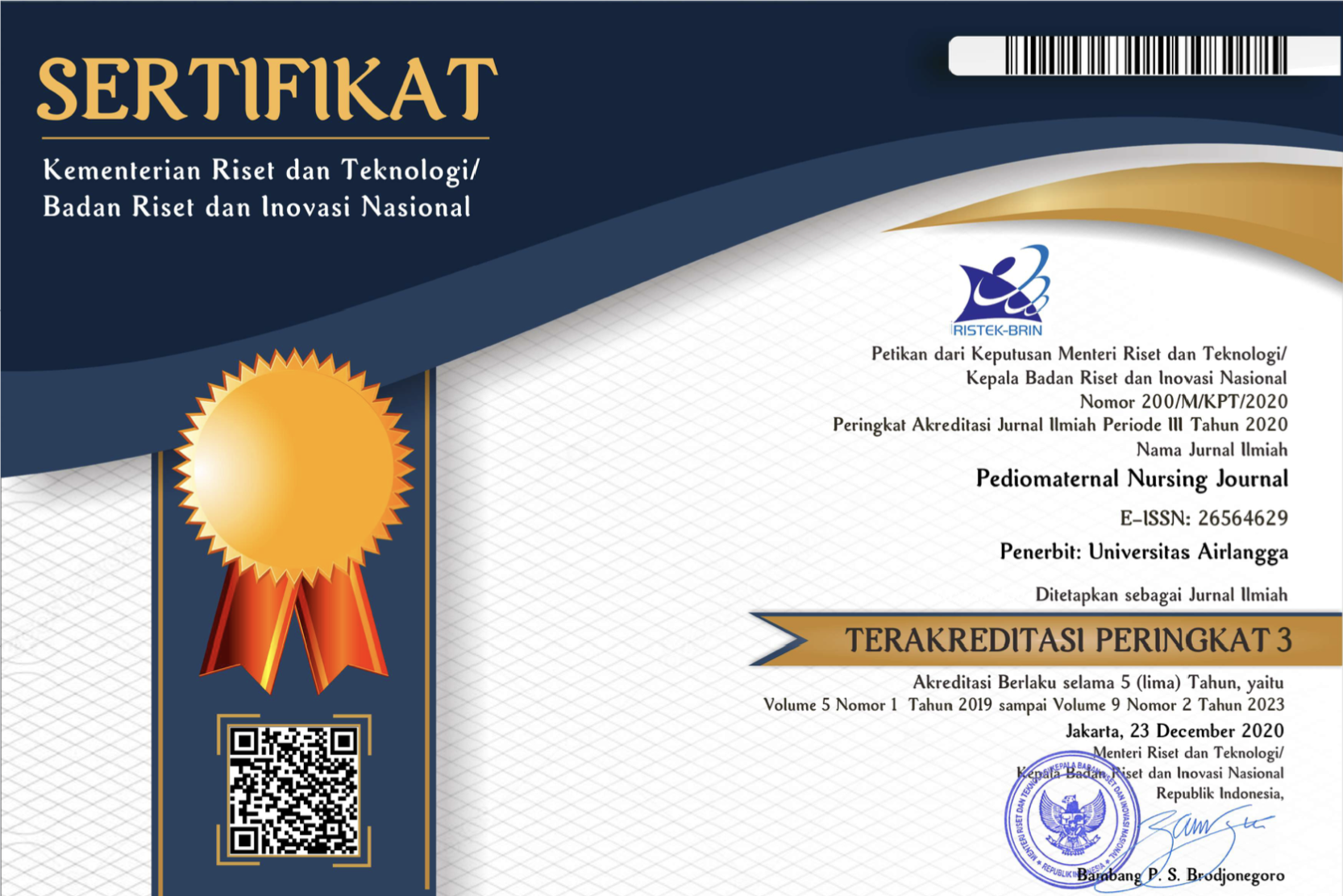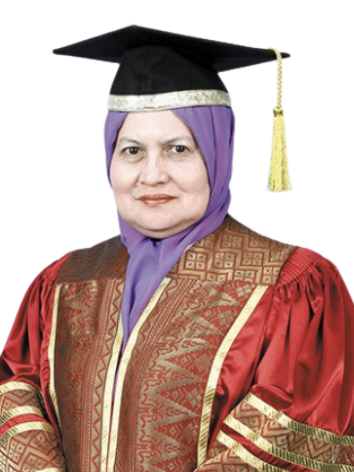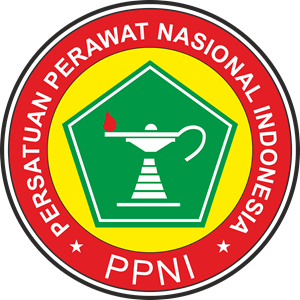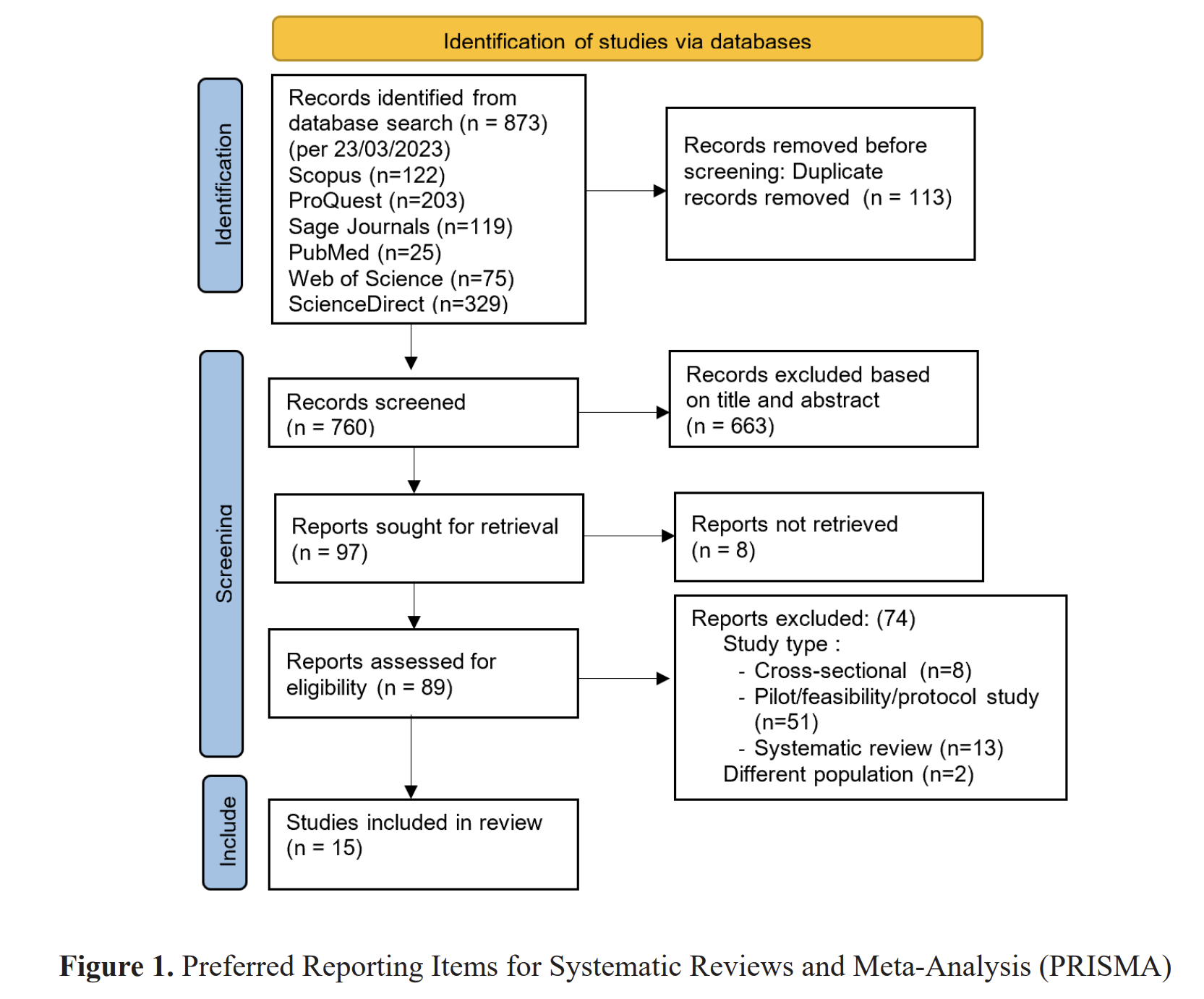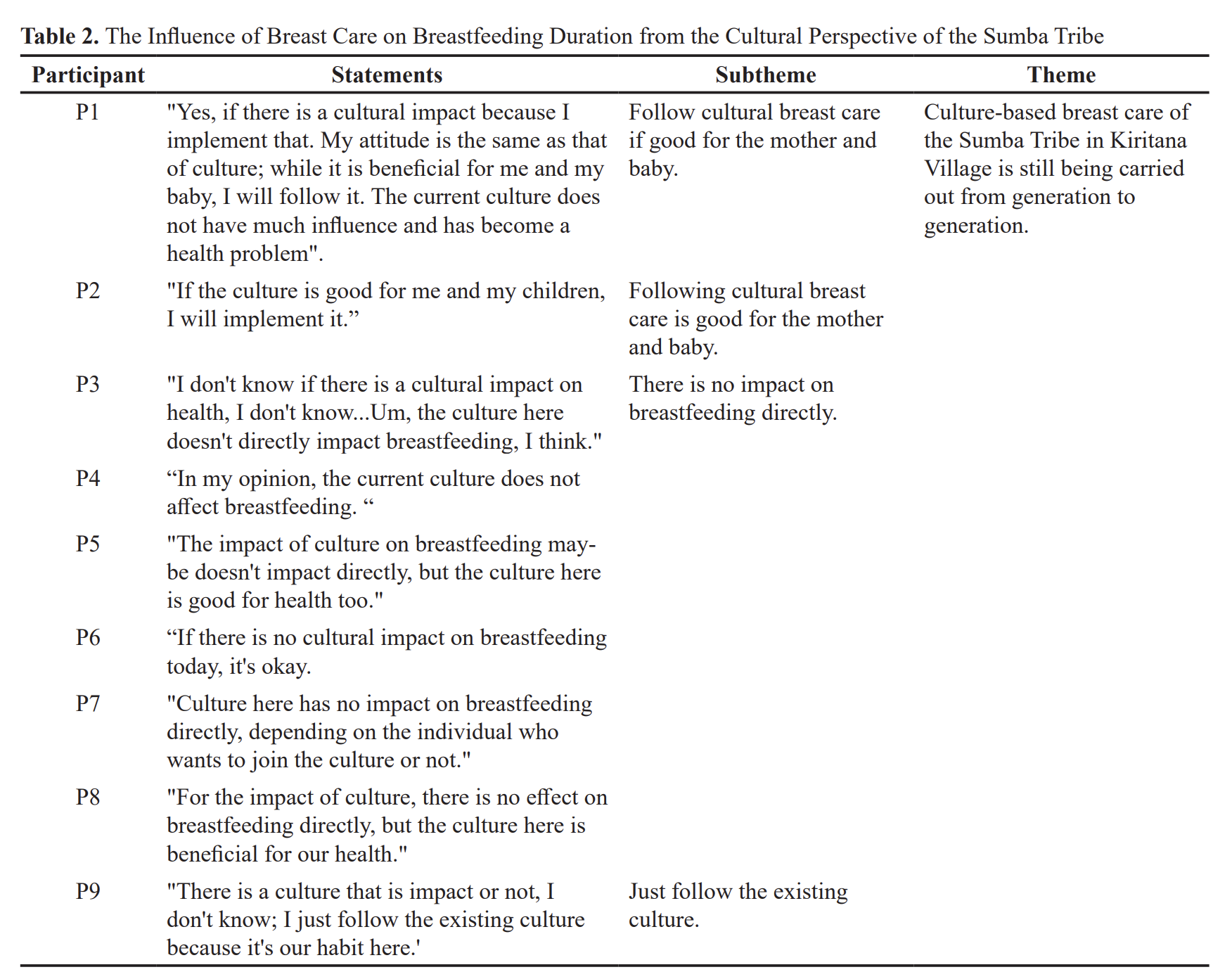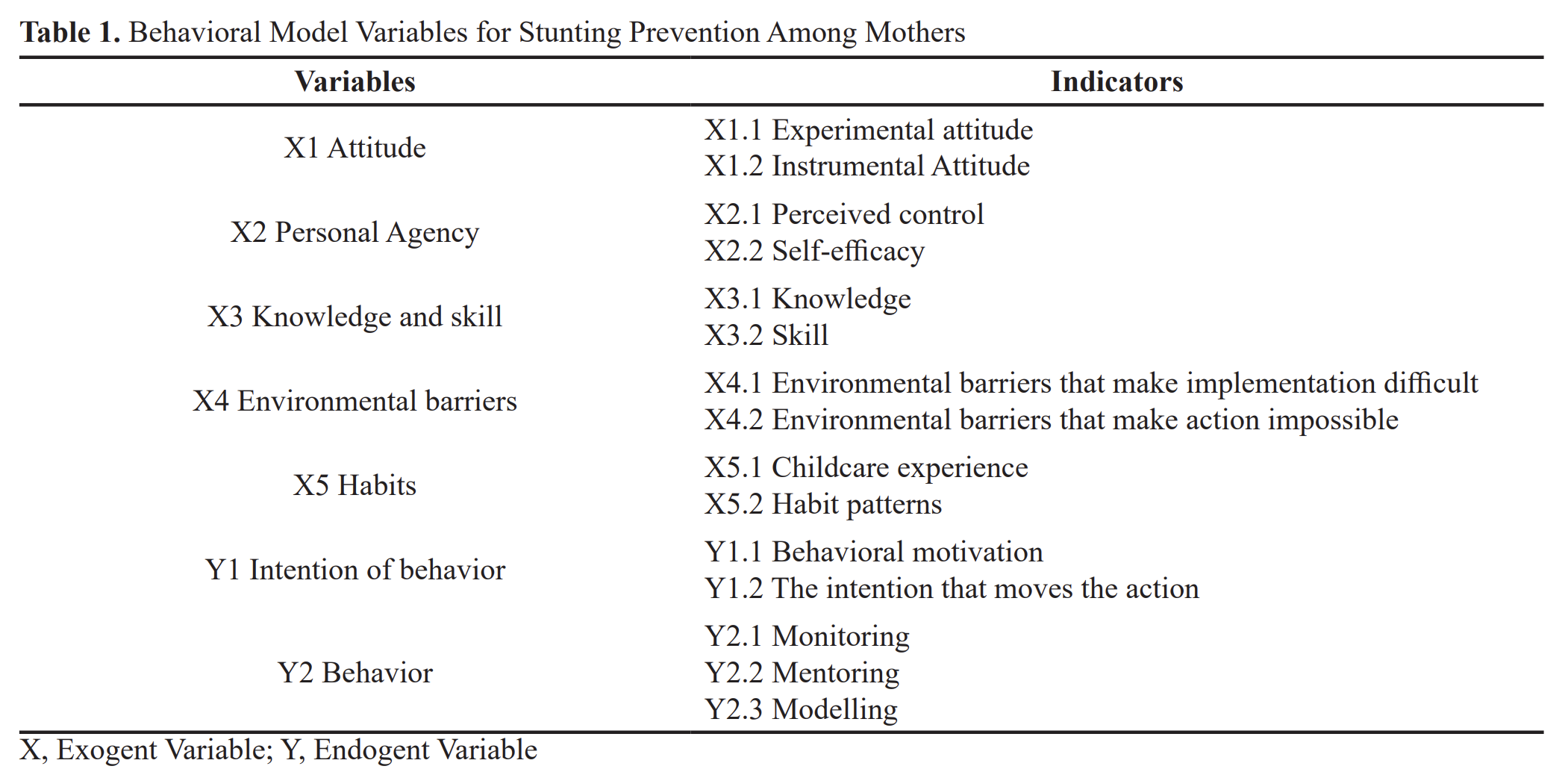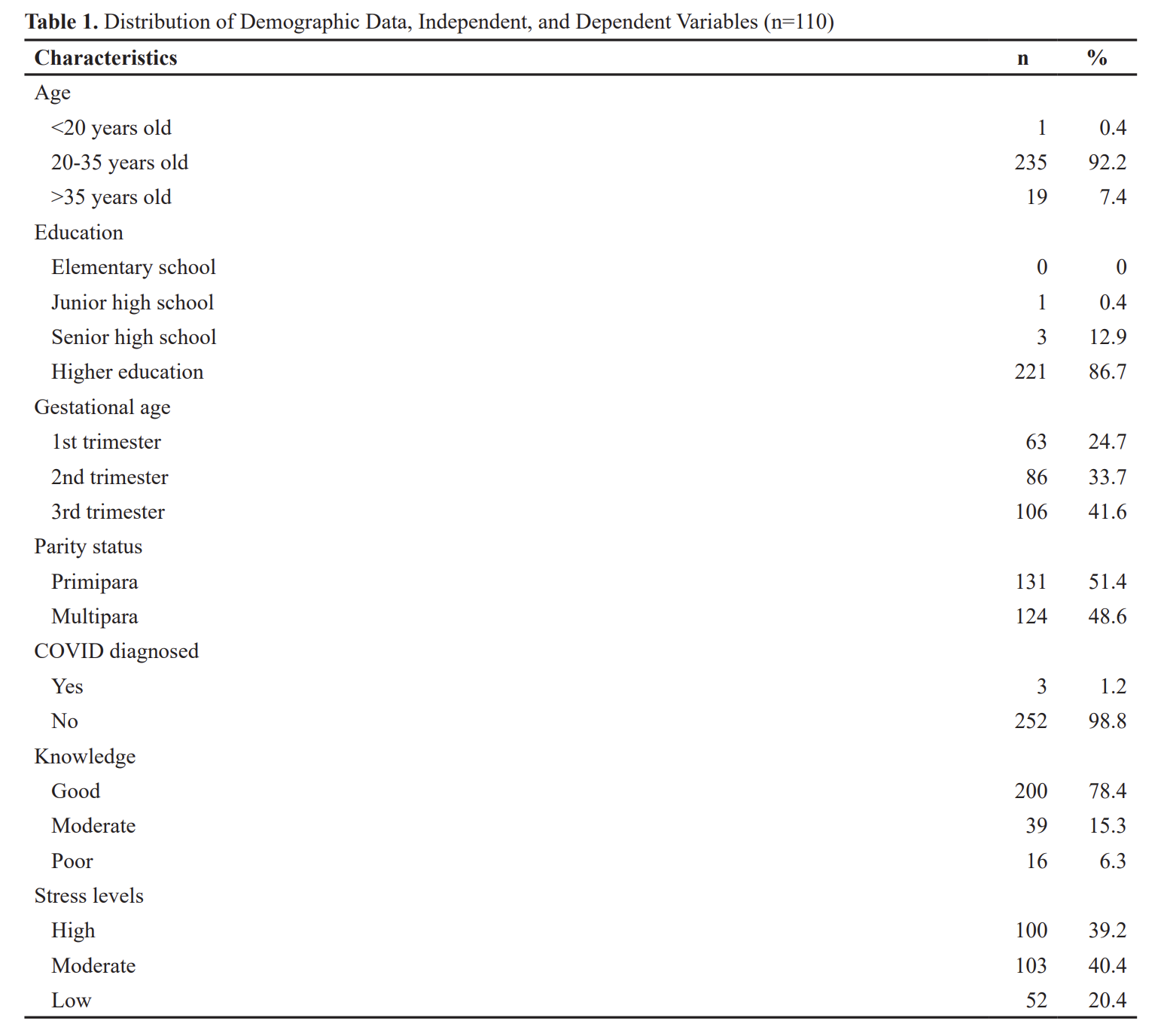BUZZ GROUP DALAM MENINGKATKAN PERILAKU PEMBERIAN MP-ASI
needed, then their golden period turning into critical period of growth now or later. The aim of this study was to identify
and analyze the effects of using buzz group as a media to change mother' behavior in giving complementary food
to children aged 6-24 months. This study was using a pre-experiment design with a pre and post test. Its population were
mothers who have children aged 6-24 months at Baby Health Centre of Kapasari Village. The sample were choosed
through purposive sampling technique based on inclution and exclution criteria. The independent variable was buzz
group, the dependant variable was mother's behaviour. Data were collected by questionnaire that analyzed using
Wilcoxon Signed Rank Test with alpha level ≤0,05 as a signification. The result of Wilcoxon Signed Rank Test showed
that this method affected the change in knowledge (p=0,004), attitude (p=0,034) and the actions (p=0,005). Health
education with buzz group as a method has influence on the mother's behaviour in giving complementary feeding
at Baby Health Center of Kapasari village and it can be used as a media by nurses to improve the mother's behavior in
the provision of complementary feeding in children aged 6-24 months. Further researcher is expected to have a longer
research time to improve the quality of observing the mother's action in giving complementary feeding in children aged
6-24 months
Children aged 6-24 months is a very important to growing up. If the children doesn’t obtain nutrional food as
needed, then their golden period turning into critical period of growth now or later. The aim of this study was to identify
and analyze the effects of using buzz group as a media to change mother’ behavior in giving complementary food
to children aged 6-24 months. This study was using a pre-experiment design with a pre and post test. Its population were
mothers who have children aged 6-24 months at Baby Health Centre of Kapasari Village. The sample were choosed
through purposive sampling technique based on inclution and exclution criteria. The independent variable was buzz
group, the dependant variable was mother’s behaviour. Data were collected by questionnaire that analyzed using
Wilcoxon Signed Rank Test with alpha level ≤0,05 as a signification. The result of Wilcoxon Signed Rank Test showed
that this method affected the change in knowledge (p=0,004), attitude (p=0,034) and the actions (p=0,005). Health
education with buzz group as a method has influence on the mother’s behaviour in giving complementary feeding
at Baby Health Center of Kapasari village and it can be used as a media by nurses to improve the mother's behavior in
the provision of complementary feeding in children aged 6-24 months. Further researcher is expected to have a longer
research time to improve the quality of observing the mother's action in giving complementary feeding in children aged
-24 months
Copyright (c) 2014 Ruri Noor Aini, Yuni Sufyanti Arief, Ni Ketut Alit

This work is licensed under a Creative Commons Attribution 4.0 International License.
1. The journal allows the author to hold the copyright of the article without restrictions.
2. The journal allows the author(s) to retain publishing rights without restrictions.
3. The legal formal aspect of journal publication accessibility refers to Creative Commons Attribution (CC BY).

